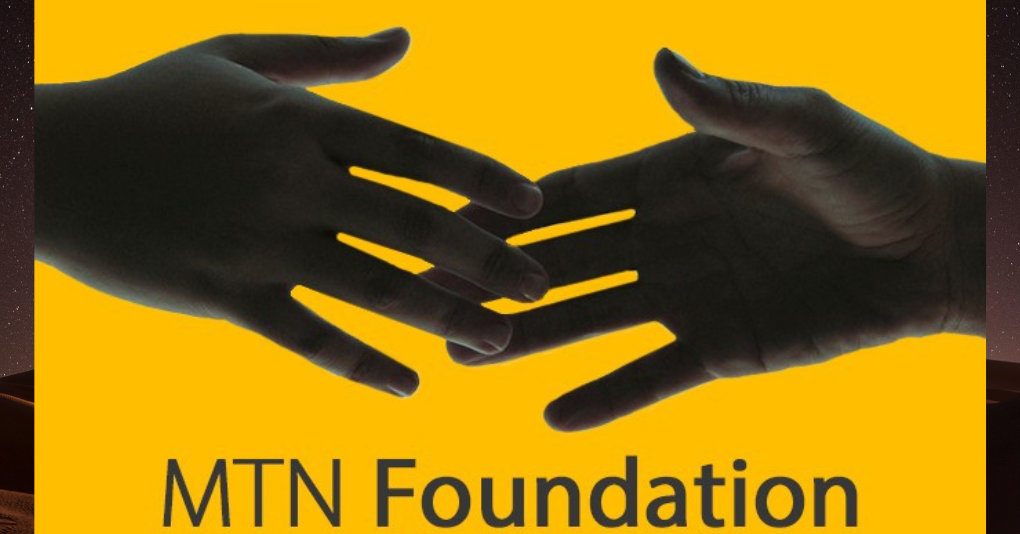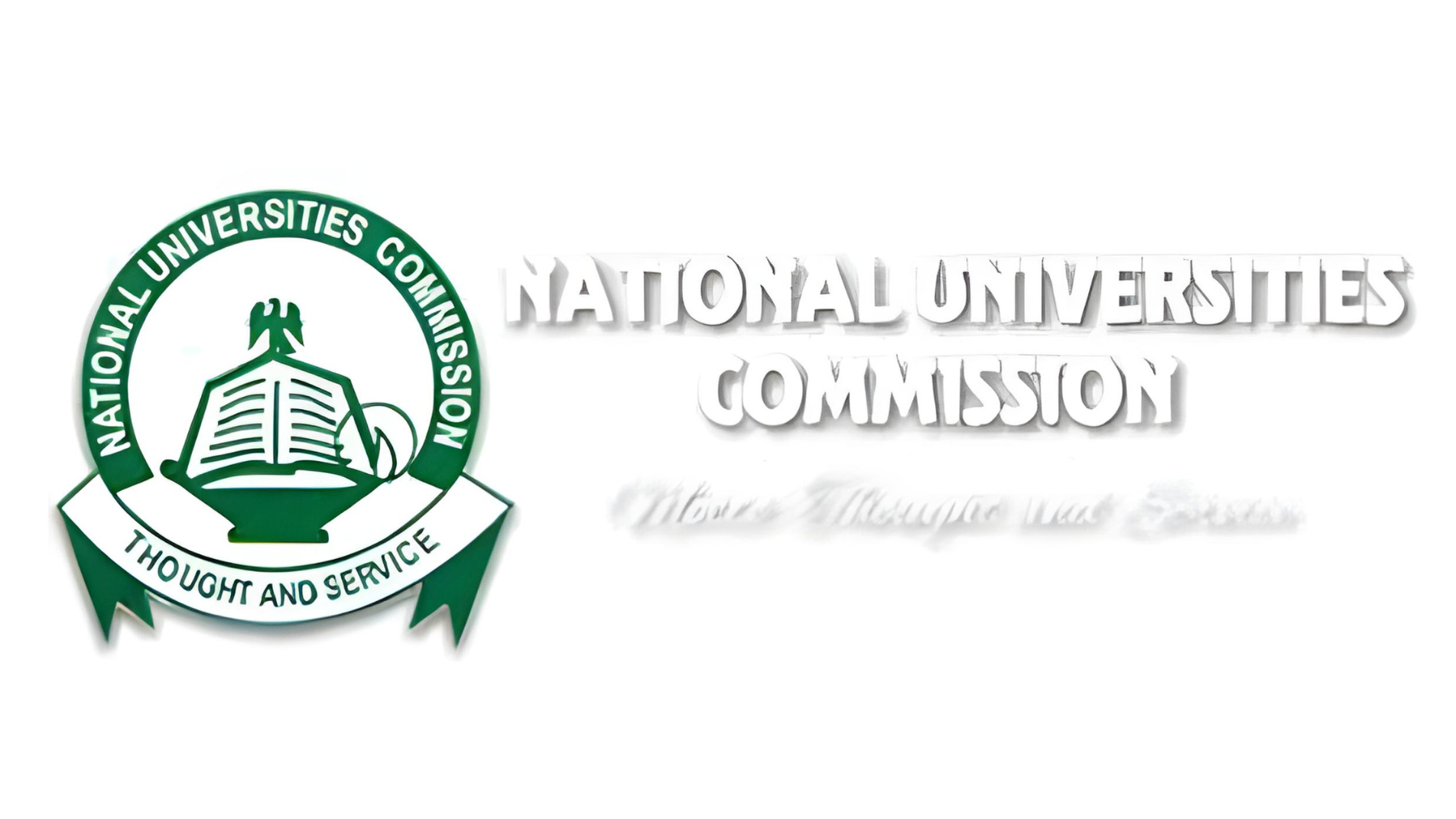The MTN Foundation is to train 86,400 students and 1,440 secondary school teachers across 12 states as part of its 2025 Anti-Substance Abuse Programme (ASAP), aimed at curbing drug abuse among young people.
Speaking at a stakeholders’ workshop on Monday in Kaduna, a representative of MTN Foundation, Abubakar Zubairu, described the rise in substance abuse among Nigerian youths as a national emergency requiring urgent coordinated action.
Zubairu stated, “In recent times, we have witnessed the emergence of psychoactive substances in large quantities across our markets, most of which are purchased and consumed predominantly by our youth.
“At MTN Foundation, we have not only refused to turn a blind eye but have also made it a priority to reduce the rate of first-time substance abuse among Nigerian youth.”
Zubairu said MTN Foundation had also partnered with National Drug Law Enforcement Agency (NDLEA) on a 24/7 psycho-social support helpline, designed to provide free counselling services in Nigerian languages.
He added that the project aimed at connecting Nigerians to professional psychologists for free counselling support services.
Zubairu explained that since the launch of ASAP in 2019, MTN Foundation had reached millions of people through targeted campaigns, community outreaches in partnership with National Youth Service Corps (NYSC), and stakeholder engagements with organisations, such as United Nations Office on Drugs and Crime (UNODC).
“With the partnership, we can educate and disseminate the correct information about substance abuse and integrate it into the educational curriculum to help model behavioural values in our society,” he said.
He added that teacher training will help build a digital framework to scale the programme and ensure long-term impact.
“The teachers’ training in Kaduna and Kwara states will certainly pave the way for a digital framework to be developed because the need to scale impact on this subject matter is pertinent,” Zubairu said.
He said the 2025 anti-substance campaign was launched under the global theme for the International Day Against Drug Abuse and Illicit Trafficking: “It’s Everyone’s Fight.”
According to him, “The severity of the situation warrants declaring it a national emergency, and it is our responsibility to mitigate this, whether through policy updates, strategic partnerships, or preventive measures.”
Earlier, in his remarks, Director General of Kaduna State Bureau for Substance Abuse, Prevention and Treatment (KABUSA), Mr. Joseph Ike, stated that the purpose of the meeting was for key stakeholders to discuss the implementation of the new programme – “Unplugged Policy Prevention Programme” – with support from MTN Foundation.
Ike said the programme will be introduced at the basic education level in Kaduna State.
According to him, while the programme itself is significant, it is equally important for stakeholders to understand the policy framework guiding substance abuse prevention and treatment efforts in the state.
Ike drew a parallel with past public health strategies, referencing the fight against HIV/AIDS.
He stated that in the early stages of the epidemic, particularly in the 1980s, efforts were focused primarily on treatment. “Unfortunately, many patients still died despite receiving care. It became clear that a strategic shift was necessary,” he stated.
He maintained that a similar approach was now urgently needed in addressing drug abuse.
Ike said, “Too often, conversations about drug abuse revolve solely around rehabilitation. That means we only respond once the problem has become severe.
“If rehabilitation is the only strategy the government is focused on, we will continue to chase symptoms rather than prevent the disease.
“It is time we begin to consciously invest in strategies that prevent new cases of substance abuse before they occur.”
He urged participants to engage fully in the discussions, share ideas, and commit to being part of the solution.
Similarly speaking at the event, a representative of the Kaduna State Command of NDLEA called on schools, religious institutions, and parents to rise to the occasion in combating youth substance abuse.
He emphasised the need for teachers and parents to serve as role models for children.
Share this post





Be the first to comment on this post